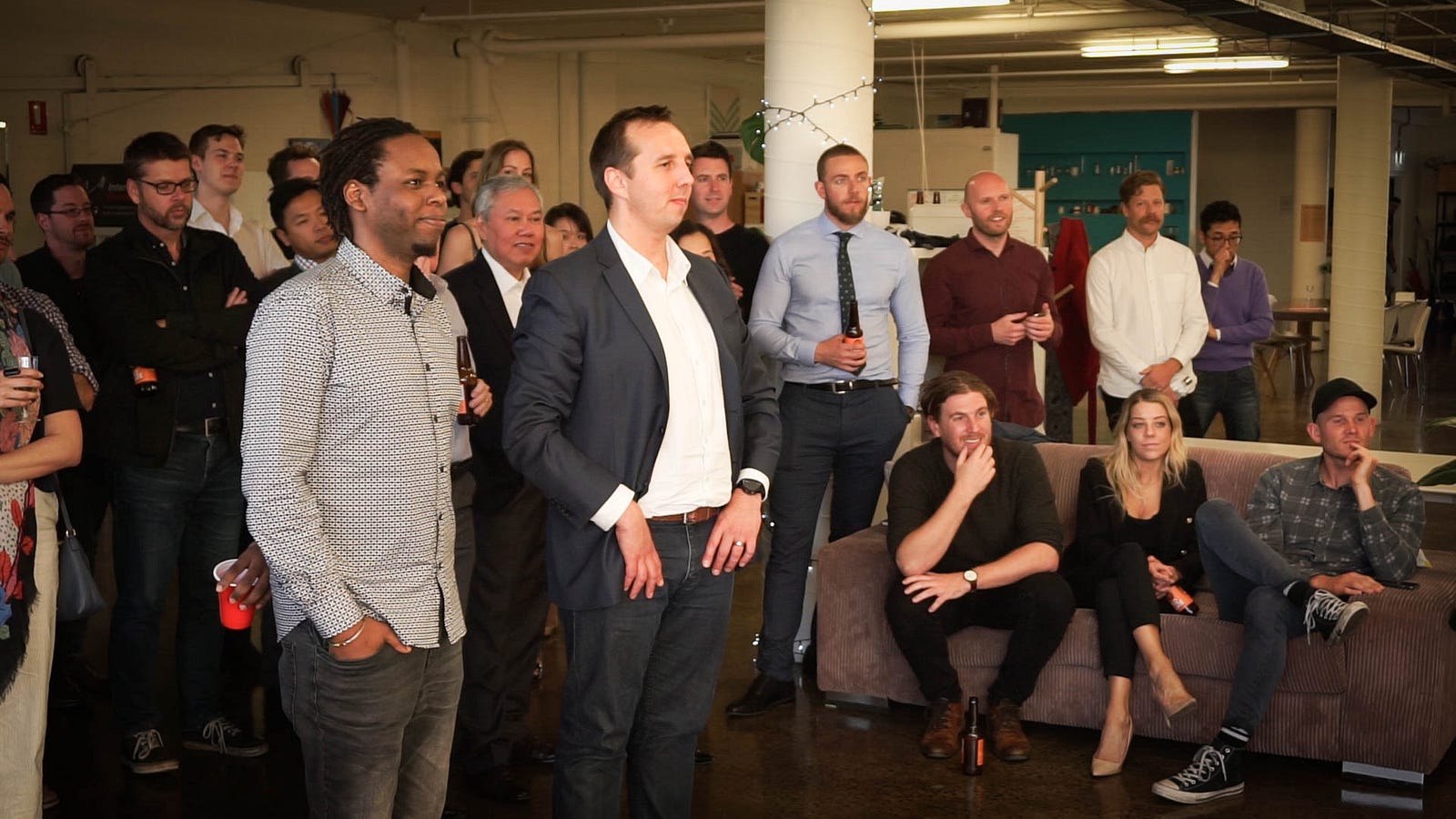This article originally appeared as a Birchal Blog here
To see Adviser Ratings' EOI opportunity, Click here
‘Crowdfunding’ in Australia has had a slightly different definition until early 2018, so before we explore equity crowdfunding, let’s touch on how it started. Before the equity crowdfunding laws were passed, crowdfunding was typically known for the rewards-based model.
In reward-based crowdfunding, people back your campaign with a monetary donation and receive something in return, usually in the form of an item, gift or experience. It’s also commonly used to pre-sell products. It’s a one-off transaction between the campaign backer and the company they’re supporting.
Here are some impressive success stories from Pozible.
What exactly is Equity Crowdfunding?
Equity crowdfunding is different to reward-based crowdfunding in that what you are selling is equity ownership (through shares) in the company. Many campaigns will offer rewards as an additional perk, but equity crowdfunding is the method of investing in early-stage companies at a low threshold (typically just $50).

ORDER Esports successfully funded in 2018, exceeding their minimum target, raising $361k
Before the equity crowdfunding laws, companies had to raise money, almost in secrecy from family/friends or accredited investors under strict ASIC guidelines that regulate who can invest, how many people can invest and how you could promote the offering.
As an example with a traditional capital raise a business might raise say $400,000 from 4 investors putting in $100,000 each. With equity crowdfunding, a business has the opportunity to raise $400,000 from 400 investors putting in $1,000 each or 4,000 investors putting in $100 each.
Because the investment amounts are capped and generally reasonably small, there is more leeway given to who can invest (you don’t have to be a direct friend/family member or an accredited investor) and businesses are able to advertise the offer to the general Australian public.
The concept has been around overseas for a number of years now. The most well-known example is BrewDog, the craft brewery that pioneered the idea of equity crowdfunding for breweries with their first Equity For Punks campaign in 2009, and has gone on to build a company valued at over $1b.

Birchal Investor Event (Q4 2018)
Why would companies choose Equity Crowdfunding?
There are a number of fundraising options for small to medium-sized businesses not publicly traded on the stock market. Equity crowdfunding, however, can perhaps be the most beneficial for a business, providing exposure and a community of brand advocates not typically available with other sources. Here are some of the reasons a company might want to look at equity crowdfunding as a capital raising option:
- With equity crowdfunding, the opportunity for everyday Australians to own shares in early stage companies is possible, meaning a company’s biggest advocates can now become owners and join the founders on the journey to grow the business.
- Building a community of strong brand ambassadors is important for any business, particularly at an early stage, and through equity crowdfunding, a company is able to do this by offering Australians the opportunity to invest into businesses from investments starting at just $50. With everyone’s incentive aligned to grow the company, the businesses community will be stronger than ever.
- Traditional sources of finance may come from individuals or entities who only have an interest in investing to generate a return. While this is an interest of the crowd, the crowd attracted will likely support companies because they want to support the brand/company and have a desire to see the brand become well known and their revenues grow. The broad range of investors can also result in the business making valuable new connections and further growing the business through this network.
- One round results in every investor coming in on the same terms. Fewer negotiations with various individuals can save a company valuable time and allow them to raise funds in an efficient time frame.
- So long as the campaign is run by a licensed intermediary, the offer can be marketed to the general public, and funds can be raised from retail investors. Minimum investments start at $50 and are capped to $10,000. Investments above $10,000 are restricted to wholesale investors only. For more information, please review this article.

memobottle successfully raised $383k in December 2018, exceeding their initial target
When can I sell my shares?
Investing in early-stage startups is risky and investments made at this stage are illiquid. While there is no set time frame for which each investor will be able to sell their shares, generating a return on their investment, there are a number of mechanisms which could provide an exit for each investor. These are:
- Shareholder buy back — In some instances, founding shareholders may choose to purchases shares from early-stage investors
- Dividends — A business may begin to provide dividends to shareholders
- IPO — A business may float on the stock market, allowing the investor to sell their shares
- Acquisition — the business may be acquired by a larger business or private equity firm.
- Secondary market — The business may choose to provide shareholders with the opportunity to sell their shares on a secondary market.
Who can invest?
To invest into businesses through the Birchal site, you must be 18+ years of age, and legally entitled to invest. You must create an account under your own name. Restrictions may apply to investors wishing to invest more than $10,000, and documentation will be required. Please see Birchal’s guide herefor more information.
How do I actually invest?
First, you must have a Birchal account. You can sign up here. Once created, you will be able to access to view live offers on the companies page. For more information on the process, please review this article.
What fees does Birchal charge investors?
Birchal charges no fee to the investor for making an investment and does not charge any ongoing administration or management fee for investments into companies listed on the site.
Who is Birchal?
Birchal Financial Services Pty Ltd is an Equity Crowdfunding Platform, (ABN 39 621 812 646) and is authorised and licensed by the Australian Securities and Investments Commission (AFSL 502618). The definitions of these terms are explained in the process. If you have any questions about these, please contact investors@birchal.com.
More about us: https://www.birchal.com/company/birchal

PARK SSC was the first successful raise through the Birchal platform, closing $316k in 2018
Is Equity Crowdfunding risky?
Some risks of crowd-sourced funding include:
- Lack of company track record — Some businesses that raise money through crowd-sourced funding are new or in the early stages of development, so there’s more risk that the business will be unsuccessful and you may lose all the money you invested. Read all the information available on the CSF website to check specific risks associated with each business, as well as doing your own research on the company.
- Shares may fall or be hard to sell — Even if the company is successful, the value of your investment might fall, and the return you receive could be reduced if the company issues more shares. Your investment is also unlikely to be ‘liquid’, so if you decide you need the money you’ve invested, you may not be able to sell your shares quickly, or at all.
- Risk of fraud or insolvency — If your money is handled inappropriately or the intermediary operating the website becomes insolvent and hasn’t met its obligation to keep your money separate, you may lose all the money you’ve invested.
Before investing, read the offer document issued by the company and use the portal on the CSF website to ask questions about the company or investment.
For more about Adviser Ratings' EOI opportunity, see here
Article by:

Comments0